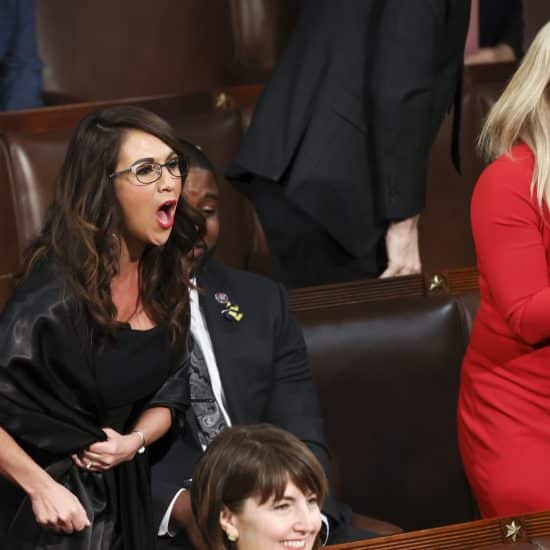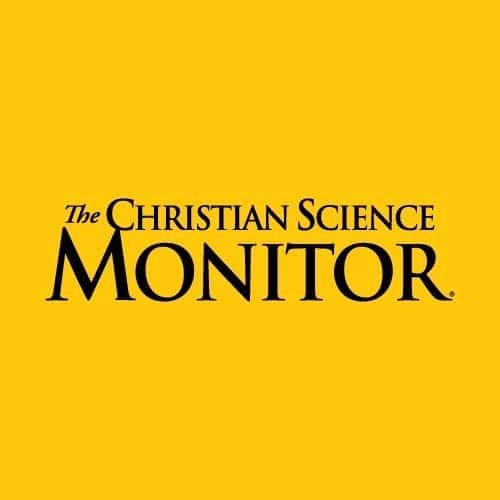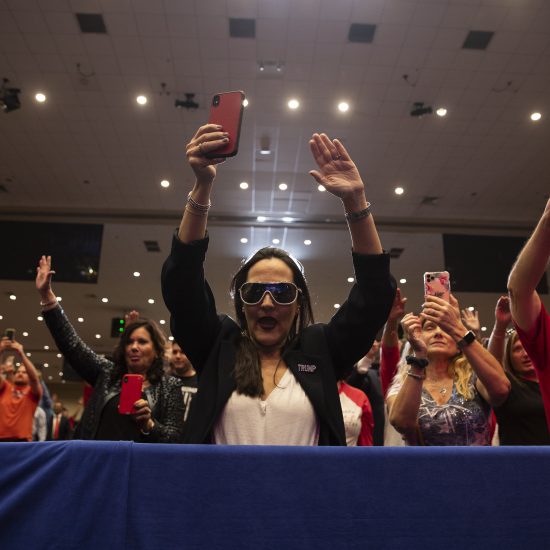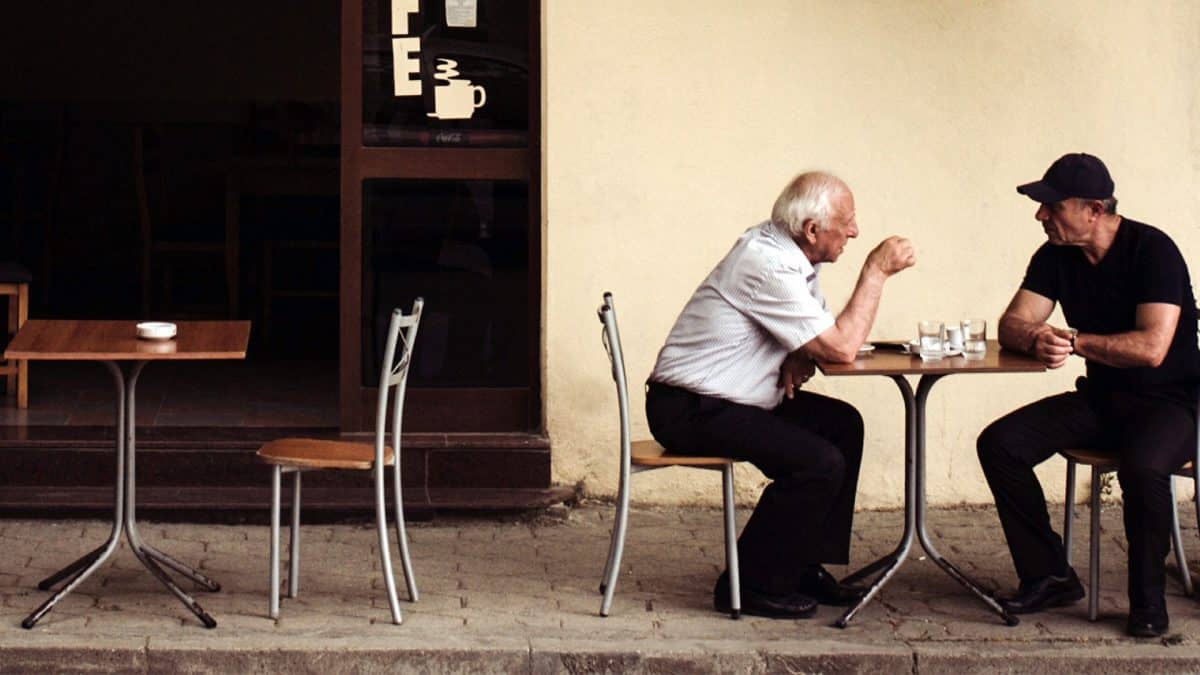
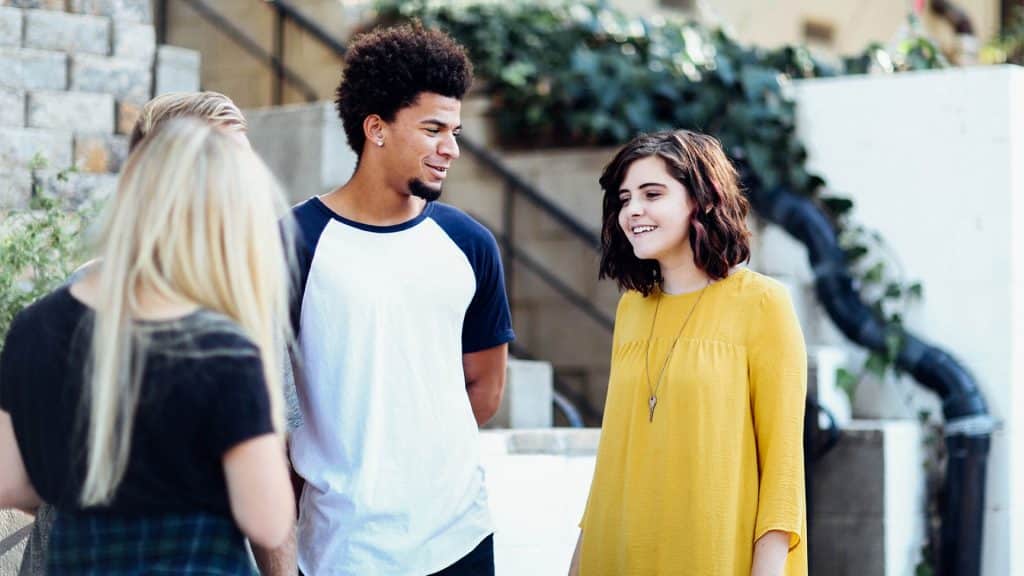
Young adults interact in Los Angeles, Calif. Photo by Alexis Brown/Creative Commons
(RNS) — I’m a secular person. As a co-founder of MoveOn, the political organizing group, I’ve talked for years about how most people want to do good and aim to be kind. I’ve spoken of the need to respect and honor the dignity of all people.
This year I’ve learned an even deeper way to talk about this work, using language from faith communities that are embracing this movement to love our neighbors, even those we don’t agree with.
Last year I was at a conference at the University of Boise, Idaho, to talk about Living Room Conversations, a simple structured way for people who disagree to have a good conversation. While there I also had the opportunity to speak at the Vineyard Boise Christian Fellowship. We soon realized that, though I might not share their faith, we do share values.
Since then, in talking to faith leaders around the country, I’ve often found that we fundamentally agree on at least one thing: We all need to step into this time of division by leading with our faith in each other.
Wherever I go, I now talk about seeing the divinity in every person. Words like respect, dignity, kindness are core values that speak deeply to others and me, but they don’t go to the heart as directly as “love thy neighbor.” I may not be a member of any faith community, but seeing the divinity in everyone speaks to me too.
Seeing every person as divine means not dismissing “those people” as racist, elitist, mean-spirited or deluded — a reaction that has become common among people who are passionate about politics. People who see things differently are increasingly identified as bad people. “Why would I talk to them?” I worry that it has become dangerous to be friends with people on the other side: It can lead to having our loyalty to our own team questioned.
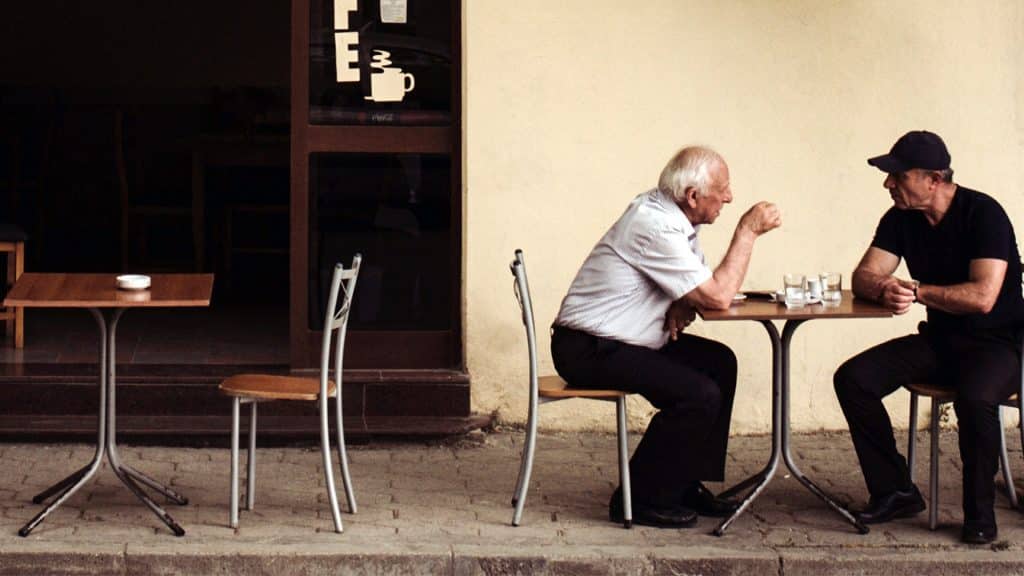
Photo by Juri Gianfrancesco/Creative Commons
Nobody likes becoming an outsider. We humans are wired to instinctively avoid it.
Perhaps this is why there is a growing lack of curiosity about why people hold different beliefs.
But we can’t give up on one another. We can’t give up on love, hope and kindness. Relegating tens of millions of people to some undesirable category because of how they voted is a disaster for us as humans and for our democracy. I’ve heard numerous people categorically accuse all Trump voters of being racist and give up on them.
Trump voters I know do not believe that they are racist. In the Red Blue Dictionary, written by members of the National Coalition for Dialogue & Deliberation, we can see that progressives and conservatives define many words and concepts differently. In fact, racism, choice and free speech can be defined quite differently depending upon your political orientation; some people aren’t on the same conceptual page at all — for many people, talk about microaggressions or inherent bias is unfamiliar language about unconscious behavior.
So many people have lost treasured friendships due to the politics of the last few years. Instead of giving up on one another, why not work to create more shared understanding? To create shared understanding we must be willing to talk to each other.
Some of us dream big ideals and aspire to be “more.” Yet the context we grow up in is often more predictive of behavior than our free will or our aspirations, and it can be more predictive of understanding and beliefs as well. We are shaped by the environment and ideas that we are exposed to. We live in communities that give us opportunities to learn some things and not others.
Yes, we make choices, but we are shaped by our experiences and social context. Expecting my grandmother, who was born in the late 1800s, to be a feminist would be a stretch. Only an extraordinary woman in particular circumstances would be able to do that.
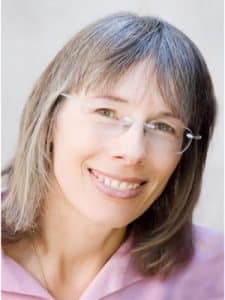
Joan Blades. Courtesy photo
When we cut each other off we deepen our division and we make our world smaller and our opportunities to learn, fewer.
How do we spark curiosity about why we see some things so differently? How do we build the will to listen generously and to assume good intent?
Is seeing the divinity in every person perhaps a starting point? And if seeing the divinity is too much to ask, what about extending the benefit of the doubt and considering that all of us are shaped by our environments and the social context of our lives and experiences?
There was a time when we were proud of our ability to live together peacefully while embracing different religions. We held the tension of our differences, recognizing the good in people who had different beliefs. Can we achieve this appreciation of others who have diverse political leanings at a time when so much of our media is dividing us?
It is up to us. Only together can we become the nation and the people we aspire to be.

